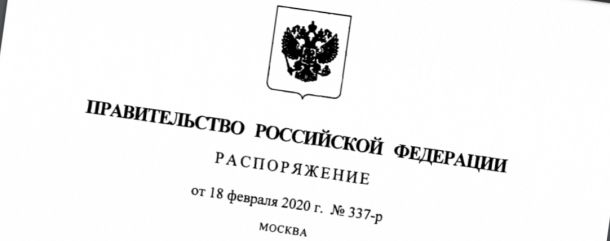
Through the deal, Russian trawlers will fish exclusively in the waters off occupied Western Sahara.
Above: Some of the vessels of the Russian fishing fleet observed waiting at Arinaga, Canary Islands, 12 October 2020.
On Friday 27 November, the Moroccan Ministry for Agriculture announced that Morocco and Russia had inked a new fisheries agreement [or download]. The previous agreement had expired already in March this year. The Moroccan Government adopted the deal on 3 December, which was the final green light for fishing to start [or download].
The agreement provides a framework allowing 10 Russian trawlers to fish for small pelagic species - which are predominantly to be caught in the waters off Western Sahara, militarily occupied by Morocco since 1975. The Russian government referred on its website on 3 December, stating the deal had been developed and agreed in online meetings in September-October.
On 13 November 2020, following Morocco's breach of the 1991 UN-brokered ceasefire agreement, armed conflict was resumed in occupied Western Sahara. The Moroccan army had entered an area in the southernmost part of Western Sahara - Guerguerat - where any military presence is strictly forbidden by the terms of the truce. The Guerguerat crossing, a 5km strip of no man's land in between Morocco's military defence wall and the border of Mauritania, is primarily used for transport of goods including fish caught in occupied Western Sahara that is then transported into Mauritania.
Russia was the first of the five permanent members of the UN Security Council to react to the new development, stressing its "consistent principled approach to the conflict in Western Sahara is that a fair and lasting peace can be achieved exclusively by political means based on international law".
"A remarkable statement, given that Russia's fishing operations in the occupied territory do not have the consent of the people of Western Sahara, as required by international law", says Sara Eyckmans from Western Sahara Resource Watch. "Given that war has flared up again in Western Sahara, as a direct consequence of Morocco's plunder of the territory, we call on Russia to suspend this new agreement, and refrain from engaging in any activity in Western Sahara until the conflict has been settled in line with international law", Eyckmans told.
Moroccan media reports that a joint committee will meet before the start of fishing activities in order to set the quota for the Russian vessels for the first operative year of the agreement, and will also lay down all the technical provisions and financial arrangements for the implementation of the agreement.
WSRW has not yet seen the text of the signed agreement, but did provide an English translation of the draft agreement published earlier this year by the Russian government. The unofficial translation is made with track changes, in order to highlight all amendments made from the previous version of the agreement, from 2016. As can be seen, there are no particular changes to the draft file from the previous agreement.
Under the previous 2016-2020 agreement, Russia accorded Morocco a fixed annual compensation of 7 million USD. In addition, Russian vessel owners paid for a licence fee of 17.5% of the total value of fish caught, as calculated on the basis of book prices (in U.S. dollars) per ton of following types of finished fish products: Frozen fish products at $ 596; bycatch at $1344; fish flour at $1176 and fish oil at $ 1008. In return, 10 Russian trawlers could catch 140,000 tonnes of fish during the first operative year of the deal. Both the quotas and the number of trawlers were reviewed annually.
Russia's first fisheries agreement with Morocco dates back to 1992. The newly signed agreement is the eighth of its kind.
Russia-Morocco controversial fisheries deal on the horizon
Russian and Moroccan representatives recently met to further discuss a new fisheries agreement covering the waters offshore occupied Western Sahara, but a new deal seems still pending.
Russia signs new fisheries deal for occupied Western Sahara
Russian plunder vessel pollutes Canary-Western Sahara strait
A Russian vessel that has been fishing illegally in occupied Western Sahara, sank a forthnight ago. The vessel is still leaking fuel oil in the area between the Canary Islands and Western Sahara.


